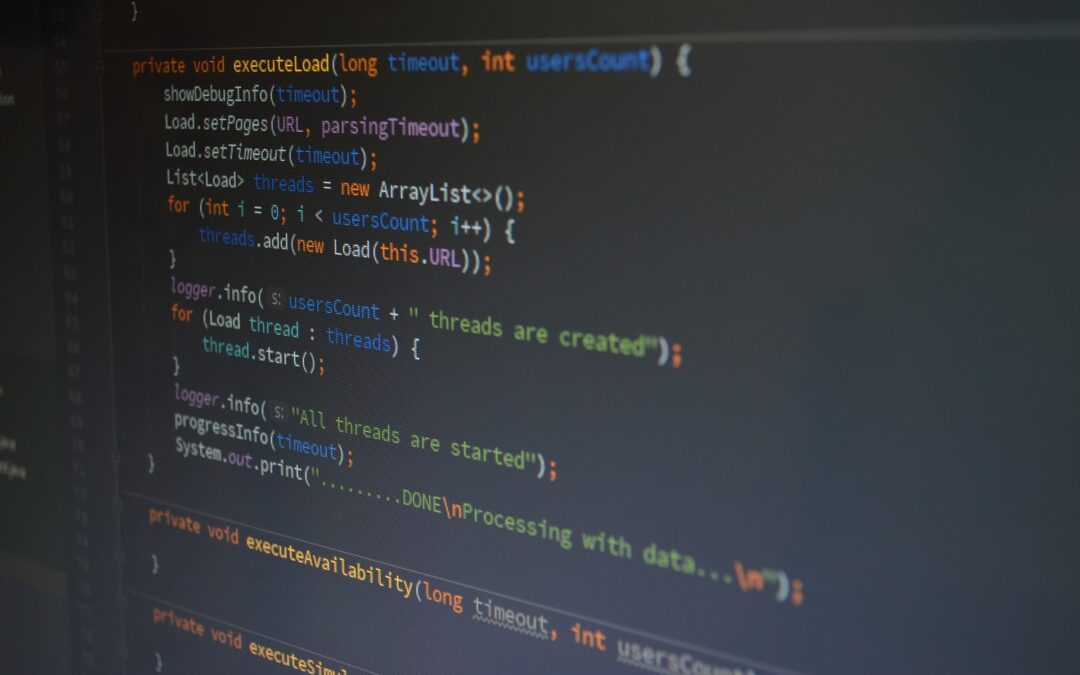It has recently become known that the software library called Log4j has a security vulnerability. This can be exploited very easily to take over entire IT systems or tap into data. Many cybercriminals are now exploiting it, while IT professionals are trying to contain the damage.
But what exactly is the Log4j vulnerability and what can be done about it?
What is the Log4j security vulnerability?
Log4j is an open source library to log operations in programs written in Java. The release of the first version is now almost 21 years ago and Log4j has become a standard tool.
A security vulnerability has now become known here. Log4j interprets certain strings as commands, which it then executes on the server. This means that attackers can exploit this vulnerability simply by entering certain strings.
Accordingly, the exploitation of this Log4j vulnerability is so critical that the German Federal Office for Information Security (BSI) has issued the Red warning level declared has ("extremely critical IT security situation"). IT experts talk about the fact that "the Internet is on fire".
The Log4j vulnerability primarily affects all Java applications that are accessible via the Internet and log user requests with the help of Log4j. In IT circles, the vulnerability has since been given the name Log4shell.
What do users have to fear from the security vulnerability?
It is not yet clear to what extent routers used by private individuals, for example, are vulnerable. So far, IT departments of public authorities and companies have had to struggle the most with the Log4j vulnerability.
In principle, attacks via the Log4j security vulnerability can lead to IT systems being temporarily unavailable or data being tapped from them. As a precautionary measure, telematics infrastructure has already been partially taken offline to protect patient data. As a result, there were problems in many places with the digital capture of health insurance cards. Such effects may be felt even more frequently in the future, as not all compromised servers are immediately recognizable as such, but many can also become "ticking time bombs".
The BSI recommends first creating an overview of which systems use Log4j and could therefore be affected by the vulnerability. Systems that are not absolutely necessary should first be switched off. In addition, Log4j should be updated to the current version as far as possible. If damage appears to be unavoidable, it is recommended to shut down the affected systems.
Need help with the Log4j vulnerability?
Our team of experts will be happy to assist you in finding and fixing the Log4j security vulnerability. You should also remember that a possible data protection breach must be reported immediately. Be sure to consult with your data protection officer here as well.
Our team of experts can scan their systems for the vulnerability and assist in fixing it. We will be happy to help you!
